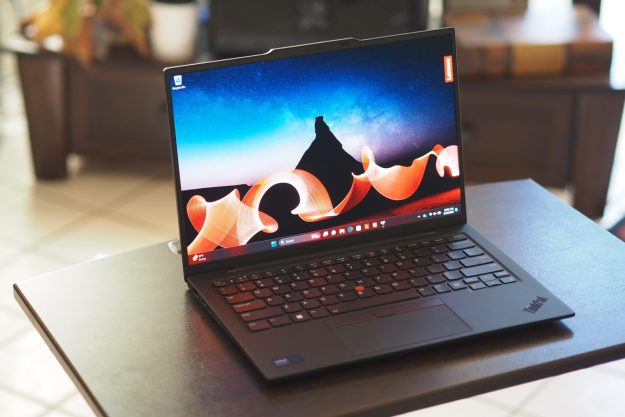
Although the names may not mean much to everyday consumer computer users, in the technology industry they just don’t get a lot bigger than this: database giant Oracle has agreed to acquire the floundering computer and software maker Sun Microsystems for some $7.4 billion, paying $9.50 per share of Sun in cash. The acquisition comes after tech giant IBM withdrew its offer for Sun earlier this month after Sun refused to deal with IBM exclusively as a takeover part; IBM and Sun had been in takeover negotiations since at least mid-March.
“The acquisition of Sun transforms the IT industry, combining best-in-class enterprise software and mission-critical computing systems,” said Oracle CEO Larry Ellison, in a statement. “Oracle will be the only company that can engineer an integrated system—applications to disk—where all the pieces fit and work together so customers do not have to do it themselves.”
The key assets in the Sun acquisition is not generally seen to be Sun’s hardware business in workstations and server—which has been losing major ground to competitors like Intel, Dell, and IBM. Rather, Oracle may see Sun’s value in the Java programming language, the open source MySQL database (which Sun bought for $1 billion in early 2008 is widely installed on millions of servers around the world), along with Sun’s Solaris operating system. Oracle has a number of products that run on Solaris. By acquiring Sun, however, Oracle is taking its first steps into the computer hardware and storage arenas.
The acquisition is the latest in Oracle’s string of recent high-profile acquisitions: in recent years the company has acquired PeopleSoft, Siebel, Primavera, Hyperion, i-Flex, and BEA. The buyout also marks the end of Sun’s nearly three-decade-long path in the technology industry.
Oracle says it expects the Sun deal to add at least 15 cents per share to its diluted earnings in its first year, with Sun contributing $1.5 billion to Oracle’s bottom line the first year and $2 billion the second year. If that bears out, the Sun acquisition could be more profitable for Oracle than other recent major purchases.
The deal is subject to antitrust and other regulatory review, but industry watchers generally see fewer possible problems with the deal than there may have been if IBM had bought Sun, since Sun’s and Oracle’s businesses have far less overlap.
Editors' Recommendations
- 4 CPUs you should buy instead of the AMD Ryzen 7 5800X3D
- Best Buy 4th of July sale: Appliances, TVs, laptops, and more
- iPad Air (4th-gen) vs. Surface Pro 7, Surface Go 2, and Surface Pro X
- Amid Zoom’s rise, Microsoft Teams is hosting 2.7 billion meeting minutes per day


